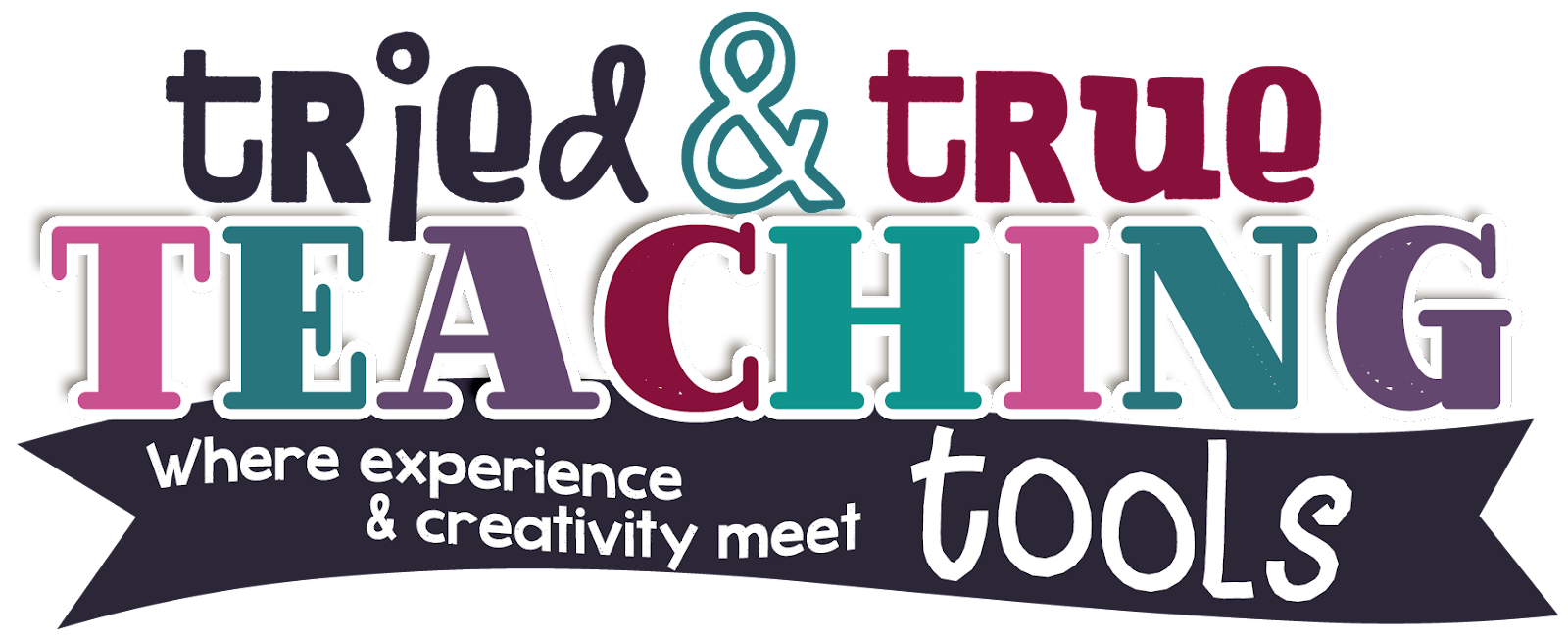It's almost that time of year: state testing! Egads! I always struggle internally with not wanting to waste precious teaching and learning time on teaching to the test, yet wanting my students to be prepared.
The good news is that if you teach using a workshop model (Reader's Workshop and Writer's Workshop), much of what is tested is already what we teach throughout the year. And we often ask our students to delve deeper than limiting answers to multiple choice tests. Stamina is one of the most important factors in test-taking. The ELA tests often require students to sit and read pages (screens) of information, sometimes taking over an hour! However, if your kids are used to reading independently for long periods of time, this will not be as daunting for them. Having substantial time to read "just right" texts throughout the school year is a great way to build reading stamina. (The same goes for developing writing stamina during the writing process!) I know many schools spend weeks, even months on "test prep" but I do not have time (nor the desire) for that! The couple weeks before our testing week is spent on test PREP, not test practice. It is not a time for drill and kill worksheets, but for preparing students for what to expect and how to create a plan of action. In comes Test Prep Boot Camp! Similar to workout boot camp, the teacher is the trainer/coach and it is our job to develop the right muscles and stamina to help our kids succeed.
I know many schools spend weeks, even months on "test prep" but I do not have time (nor the desire) for that! The couple weeks before our testing week is spent on test PREP, not test practice. It is not a time for drill and kill worksheets, but for preparing students for what to expect and how to create a plan of action. In comes Test Prep Boot Camp! Similar to workout boot camp, the teacher is the trainer/coach and it is our job to develop the right muscles and stamina to help our kids succeed.To familiarize students with the format of the test, google your particular state's test. There are plenty of samples of past tests and practice tests. Select 5 fiction and 5 non-fictions texts (in a variety of genres) with questions. These "packets" (I cringe. . .) will be the texts during boot camp. Some great resources for non-fiction texts are NewsELA, Sports Illustrated for Kids, National Geographic for Kids, Readworks. Begin the week with teacher modeling and full support, and gradually release the support throughout the week.
When getting students ready for daily learning and practice of narrative pieces, they must understand the elements of a particular genre. This is a good time to revisit your genre anchor charts made earlier in the year (or to quickly brainstorm with your class). Students must also need to be able to read the question and and predict the answer BEFORE looking at the answer choices. Here is what a fiction boot camp schedule may look like (based on Lucy Calkins, 2011):
Be sure to listen to We Teach So Hard podcast, episode 30: Standardized Testing and Your Sanity! Or click on the image below:
Need more test prep strategies? Check out these other great ideas for your upper elementary students!
Reciprocal Teaching Presentations Test Prep // Elementary Inquiry
The Power of Active Reading as a Test Prep Strategy // Think Grow Giggle
Sorting Reading Test Question Stems // Tarheelstate Teacher
Test Prep Boot Camp // Tried and True Teaching Tools
Making Test Prep More Enjoyable // Kerry Tracy
Preparing Students for Testing // The Owl Teacher
Test Prep Twist for Struggling Readers // Reading by Heart




No comments
Post a Comment